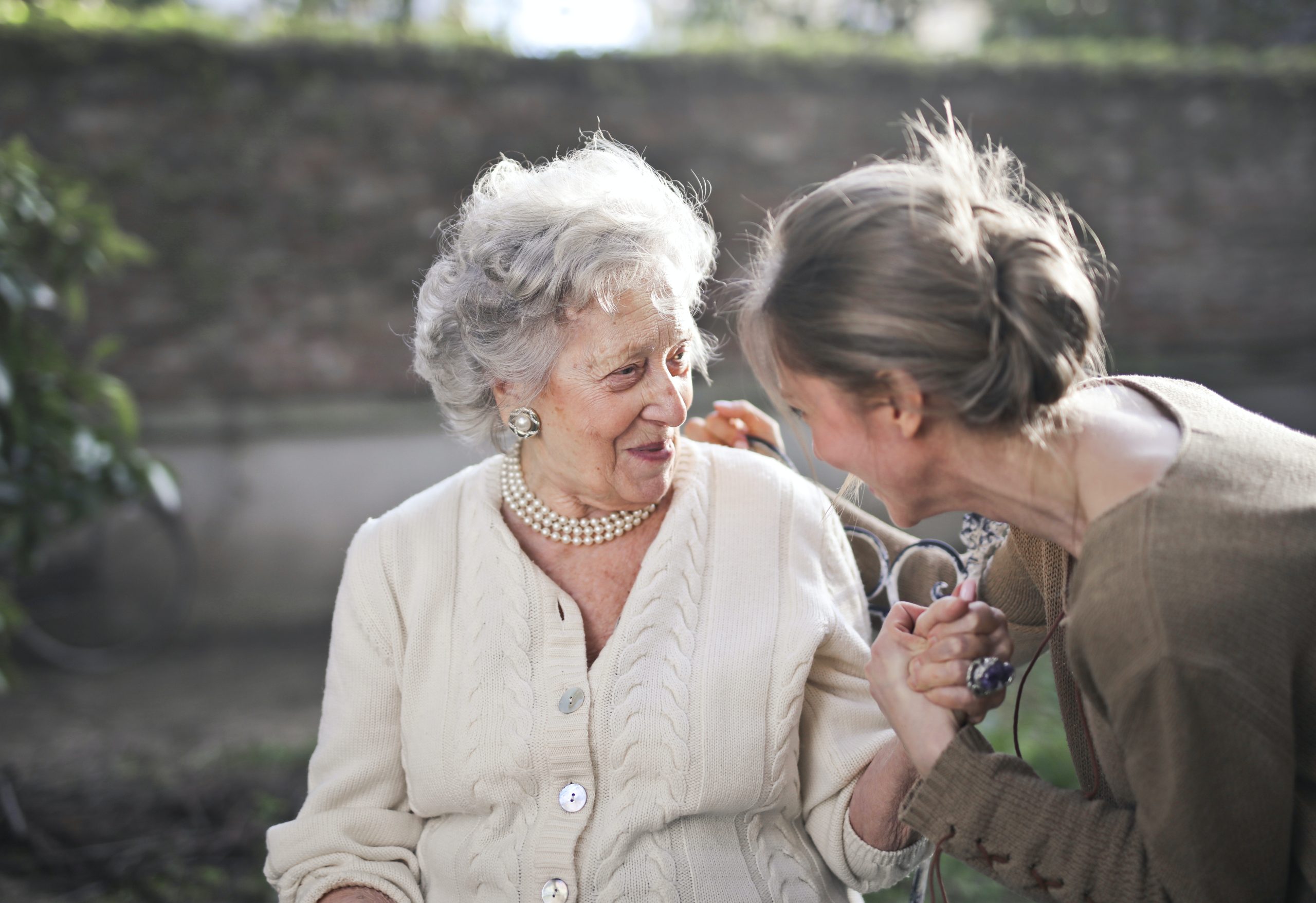Category: Caregiving & Support
Caregiving & Support: This section provides valuable information and resources for seniors, their families, and caregivers to better navigate the challenges of caregiving. Topics covered include home care, respite care, long-term care planning, caregiver support, and coping strategies for common issues related to aging and caregiving. Our aim is to offer practical advice, emotional support, and useful resources to assist seniors and their caregivers in maintaining the highest possible quality of life.
Memory Care for Alzheimer’s Patients: Best Practices and Strategies
Memory Care for Alzheimer’s Patients: Best Practices and Strategies What is memory care? Memory care is a specialized type of care for individuals with Alzheimer’s disease and other forms of dementia. It involves providing a safe and supportive environment, as well as individualized care and treatment plans catered to the specific needs of each patient.…
Read MoreThe Role of Technology in Alzheimer’s Care: Tools and Resources for Caregivers.
The Role of Technology in Alzheimer’s Care: Tools and Resources for Caregivers What is Alzheimer’s disease? Alzheimer’s disease is a progressive brain disorder that affects memory, thinking, and behavior. It is the most common cause of dementia, which is a general term for a decline in cognitive function that interferes with daily life. How can…
Read MoreCaregiver Burnout and the Importance of Self-Care in Alzheimer’s Care
Caregiver Burnout and the Importance of Self-Care in Alzheimer’s Care What is caregiver burnout? Caregiver burnout is a state of physical, emotional, and mental exhaustion that can occur when caring for a loved one with Alzheimer’s disease or other forms of dementia. It can be caused by the stress of constant caregiving, lack of sleep,…
Read MoreBalancing Safety and Autonomy in Alzheimer’s Care: Finding the Right Approach
Balancing Safety and Autonomy in Alzheimer’s Care: Finding the Right Approach What is Alzheimer’s disease? Alzheimer’s disease is a progressive brain disorder that affects memory, thinking, and behavior. It is the most common cause of dementia in older adults and currently has no cure. Why is balancing safety and autonomy important in Alzheimer’s care? Balancing…
Read MoreCoping with the Challenges of Wandering Behavior in Alzheimer’s Patients
Coping with the Challenges of Wandering Behavior in Alzheimer’s Patients What is wandering behavior in Alzheimer’s patients? Wandering behavior is a common symptom of Alzheimer’s disease. It refers to the tendency of patients to wander aimlessly, often without any specific destination in mind. This behavior can be dangerous and can lead to patients getting lost,…
Read MoreHow to Address Nutrition and Hydration Needs in Alzheimer’s Care
How to Address Nutrition and Hydration Needs in Alzheimer’s Care Why is nutrition and hydration important for Alzheimer’s patients? Proper nutrition and hydration are essential for maintaining the overall health and well-being of Alzheimer’s patients. Adequate intake of nutrients and fluids can help prevent dehydration, malnutrition, and other health complications. What are some common nutrition…
Read MoreThe Benefits of Music Therapy for Alzheimer’s Patients and How to Implement It
The Benefits of Music Therapy for Alzheimer’s Patients and How to Implement It What is music therapy? Music therapy is a treatment that uses music to address physical, emotional, cognitive, and social needs of individuals. It involves listening to, creating, singing, and moving to music to achieve specific therapeutic goals. For Alzheimer’s patients, music therapy…
Read MoreThe Importance of Maintaining Social Connections for Alzheimer’s Patients
The Importance of Maintaining Social Connections for Alzheimer’s Patients What is Alzheimer’s Disease? Alzheimer’s Disease is a progressive brain disorder that affects memory, thinking, and behavior. It is the most common cause of dementia in older adults. Why is social connection important for Alzheimer’s patients? Social connection is important for Alzheimer’s patients because it can…
Read MorePractical Strategies for Managing Agitation and Anxiety in Alzheimer’s Patients
Practical Strategies for Managing Agitation and Anxiety in Alzheimer’s Patients What is Agitation and Anxiety in Alzheimer’s Patients? Agitation and anxiety are common behavioral and psychological symptoms of Alzheimer’s disease. These symptoms can be distressing for both the patient and their caregivers. Agitation is characterized by restlessness, pacing, and verbal or physical aggression. Anxiety is…
Read MoreTips for Creating a Safe and Comfortable Environment for Alzheimer’s Patients
Tips for Creating a Safe and Comfortable Environment for Alzheimer’s Patients What is Alzheimer’s Disease? Alzheimer’s disease is a progressive brain disorder that affects memory, thinking, and behavior. It is the most common cause of dementia in older adults and currently has no cure. Why is a safe and comfortable environment important for Alzheimer’s patients?…
Read More








